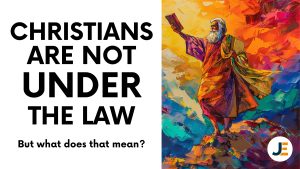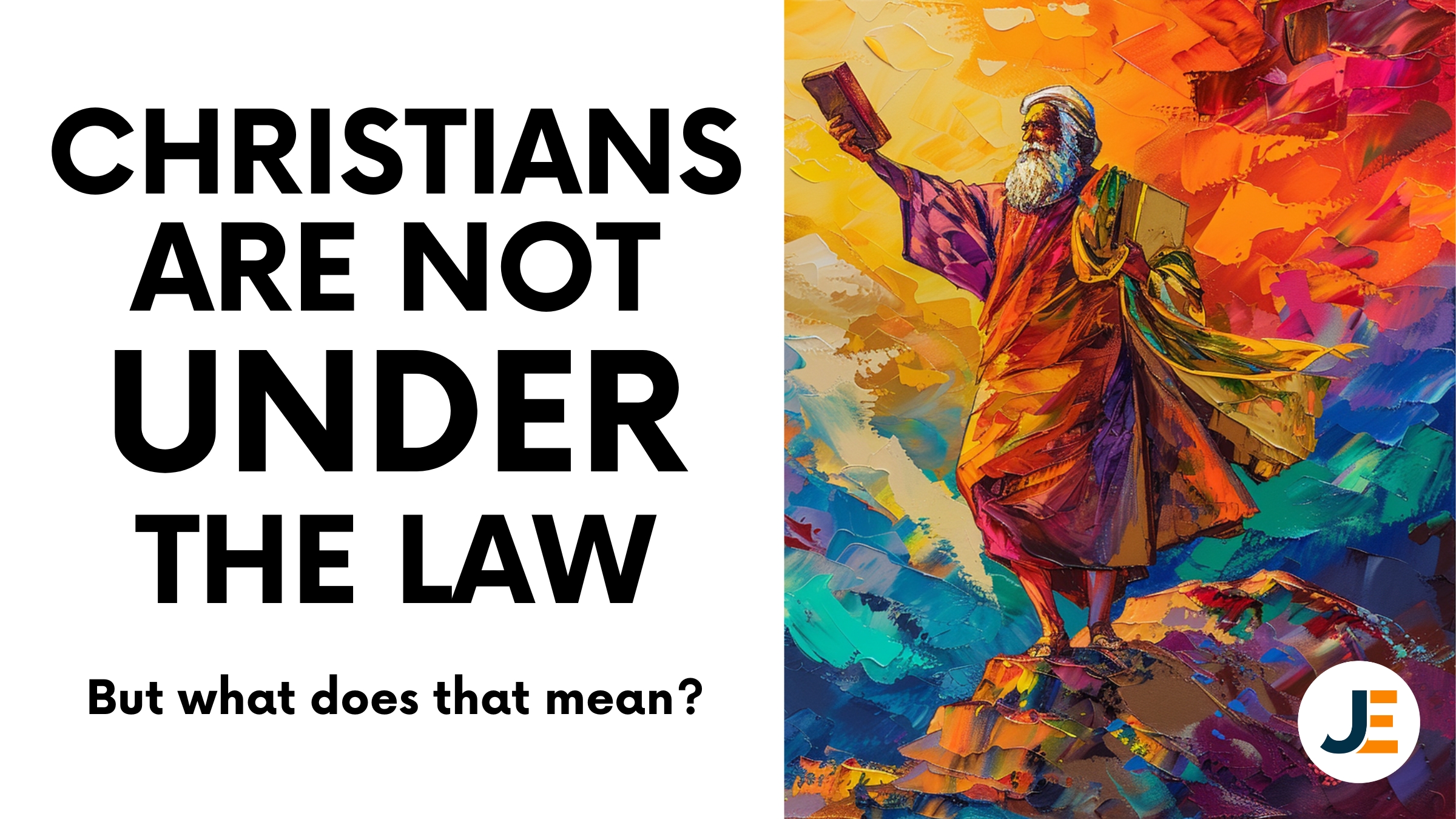Introduction
If you are a Christian who believes in the eternal relevance of God’s word, including the sections that mainstream Christianity has deemed “abolished,” you will know that Romans 14 is a go-to passage of Scripture when trying to argue that Christians are now no longer required to keep the biblical dietary laws. Here, I will provide a scholarly argument for the true meaning of Romans 14:1-4.
The Text
“As for the one who is weak in faith, welcome him, but not to quarrel over opinions. One person believes he may eat anything, while the weak person eats only vegetables. Let not the one who eats despise the one who abstains, and let not the one who abstains pass judgment on the one who eats, for God has welcomed him. Who are you to pass judgment on the servant of another? It is before his own master that he stands or falls. And he will be upheld, for the Lord is able to make him stand.
(Romans 14:1-4 ESV)
The Explanation
For many, these verses are a prooftext for the liberation of the Christian from the laws of God contained in the Torah (Genesis – Deuteronomy). The typical argument from Evangelicals is that Paul is writing to a group of gentile Romans telling them that they are not to judge each other on what everyone eats since the food laws were abolished in Christ. Paul clearly tells the Romans that they should not judge the one who chooses to eat and the one who chooses not to eat, but there is something deeper here that we often miss.
“One person believes he may eat anything, while the weak person eats only vegetables. Let not the one who eats despise the one who abstains, and let not the one who abstains pass judgment on the one who eats, for God has welcomed him.”
(Romans 14:2-3 ESV)
The issue here is not about someone choosing to eat unclean animals per Leviticus 11 and Deuteronomy 14; the issue here is someone choosing to be a vegetarian vs someone who chooses to eat meat, not unclean meats. Paul has already addressed this issue in his first letter to the church in Corinth. By looking at Paul’s letters corporately, we can better understand his ambiguous areas.
“Now concerning food offered to idols: we know that “all of us possess knowledge.” This “knowledge” puffs up, but love builds up. If anyone imagines that he knows something, he does not yet know as he ought to know. But if anyone loves God, he is known by God. Therefore, as to the eating of food offered to idols, we know that “an idol has no real existence,” and that “there is no God but one.” For although there may be so-called gods in heaven or on earth—as indeed there are many “gods” and many “lords”— yet for us there is one God, the Father, from whom are all things and for whom we exist, and one Lord, Jesus Christ, through whom are all things and through whom we exist. However, not all possess this knowledge. But some, through former association with idols, eat food as really offered to an idol, and their conscience, being weak, is defiled. Food will not commend us to God. We are no worse off if we do not eat, and no better off if we do. But take care that this right of yours does not somehow become a stumbling block to the weak. For if anyone sees you who have knowledge eating in an idol’s temple, will he not be encouraged, if his conscience is weak, to eat food offered to idols? And so by your knowledge this weak person is destroyed, the brother for whom Christ died. Thus, sinning against your brothers and wounding their conscience when it is weak, you sin against Christ. Therefore, if food makes my brother stumble, I will never eat meat, lest I make my brother stumble.”
(1 Corinthians 8:1-13 ESV)
In the first century, believers in Christ were still governed by the Romans, even in the common marketplace. In the market, Roman pagans would slaughter animals in the name of their gods, such as Zeus or Hades, much like how Muslims today practice Hallal by slaughtering the animals in the name of Allah. Paul writes to the church in Corinth because there were some ex-pagans in the church who feared eating kosher meats that were slaughtered in the name of pagan gods (food offered to idols), assuming that it was against the Law of Yahweh (the Christian God). Paul fights this issue by affirming that the gods to whom the food was offered do not even exist and that there is no place in all of Scripture where God forbids eating perfectly good meats offered to non-existent deities; he even goes as far as quoting Isaiah 41:24 and Deuteronomy 4:35.
“Therefore, as to the eating of food offered to idols, we know that “an idol has no real existence,” (Isaiah 42:24) and that “there is no God but one” (Deuteronomy 4:35).
(1 Corinthians 8:4 ESV)
As harsh as it sounds, Paul tells the church in Corinth that these people who fear eating perfectly kosher meats just because they have been offered to a pagan god is being “weak” in their faith. Though he recognizes the weakness of their faith, Paul reminds the other Christians in his letter to not judge those who are still weak in their faith, because that will cause them to stumble.
“Therefore, if food makes my brother stumble, I will never eat meat, lest I make my brother stumble.”
(1 Corinthians 8:13 ESV).
With this new understanding of what was happening in the first century, let us now revisit Romans 14.
“As for the one who is weak in faith, welcome him, but not to quarrel over opinions. One person believes he may eat anything, while the weak person eats only vegetables. Let not the one who eats despise the one who abstains, and let not the one who abstains pass judgment on the one who eats, for God has welcomed him.”
(Romans 14:1-3 ESV).
It is clear that Paul is speaking about the same issue here in Romans 14 as he was in 1 Corinthians 8. It is no surprise that the same issue was prevalent in different areas and cities as the gentiles were converting to Christianity. As a person who grew up his or her whole life worshiping pagan gods, and then to convert to an entirely new religion, it is understandable how they would think that eating food killed in the name of their former gods would offend their new god; they might have even thought that their former god actually still existed and that they had just chosen to follow and entirely different god. That is another reason Paul quotes Deuteronomy 4:35 in an attempt to argue away that thought.
This text does not give us the permission to now eat whatever we want. Nowhere in this passage or in 1 Corinthians 8 does Paul explicitly say, “Now we can eat animals that were once unclean.” Rather, this simply deals with those who are weak in their faiths and how we are not to judge them just because they are a new convert trying to figure everything out. Had this been about people wanting to continue sinning by eating unclean animals, Paul would have addressed it as such and would have corrected their misunderstandings.
So what does this mean for us today? This means that we are to accept the new Christian converts and not to judge them for doing something that is not sinful. It is not sinful to be a vegetarian, so if someone wants to be a vegetarian because he or she is afraid that the slaughterer of the animal was a Muslim or pagan who slaughtered it in the name of false gods, do not condemn him or her. Rather, welcome him or her and help him or her grow in his or her knowledge so he or she does not remain weak for the remainder of his or her life.











